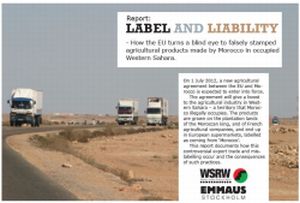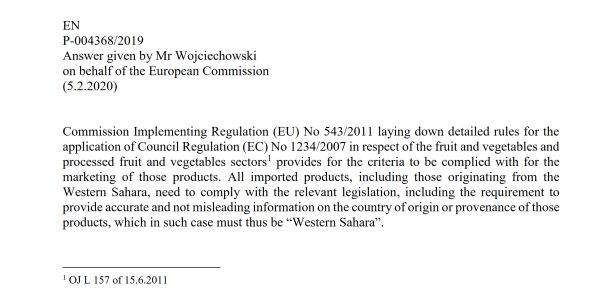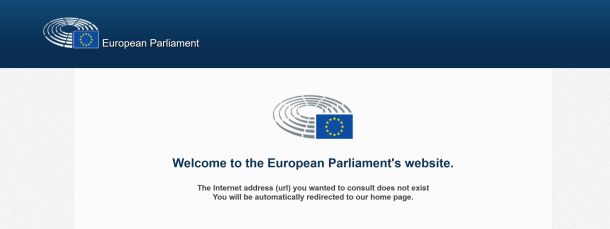
In his reply to parliamentary questions on 17 December 2013, Dutch Foreign Affairs Minister Frans Timmermans stated that the Dutch Government would support an EU-wide approach with regard to the labeling of products from Western Sahara, rather than introducing a certificate of origin by itself.
"The Dutch government attaches great importance to the origin of products", the Minister said. Consequently, "the Netherlands have insisted that the European Commission ought to provide more clarity on the origin of products from Western Sahara, so that consumers could be informed correctly. But the European Commission has so far not taken any initiatives on the matter".
Timmermans is convinced that parallels can be drawn between the cases of imports from the Palestinian territory and Western Sahara, but believes that the lack of consensus on imports from the latter can be attributed to the limited attention that the conflict garners.
 In August 2012, the Dutch government was the first EU government to state that Western Sahara produce should not benefit from the tariff schemes granted to Morocco. The statement was the result of parliamentary questions based on Western Sahara Resource Watch's report 'Label and Liability', which documents how tomatoes produced in occupied Western Sahara find their way to EU supermarkets stamped as from Morocco.
In August 2012, the Dutch government was the first EU government to state that Western Sahara produce should not benefit from the tariff schemes granted to Morocco. The statement was the result of parliamentary questions based on Western Sahara Resource Watch's report 'Label and Liability', which documents how tomatoes produced in occupied Western Sahara find their way to EU supermarkets stamped as from Morocco.Months later, the Swedish government expressed a similar position.
No state in the world recognises the Moroccan claims over the territory of Western Sahara.
EU Commission backtracks on labelling Western Sahara goods
What is EU's position on labelling of products from occupied Western Sahara? The EU Commission has now for the third time published a response to a parliamentary question on the matter, but the latest version fails to address the question.
Why does this EU statement keep disappearing?
A clarification by the EU Commission on labelling of products from Western Sahara was published, then removed, then published again and has now been removed again from EU websites.
EU reaffirms: Western Sahara products to be labelled as such
Two weeks ago, the EU Commission announced that products from Western Sahara should be labelled accordingly, only to withdraw that statement the very next day. Today, the Commission reaffirms its original position.
Spectacular backtracking by EU Commission on Western Sahara labelling
On 5 February 2020, the EU Commission announced that products from Western Sahara should be labelled accordingly. But about 24 hours later, all traces to that statement had been removed from EU websites.



